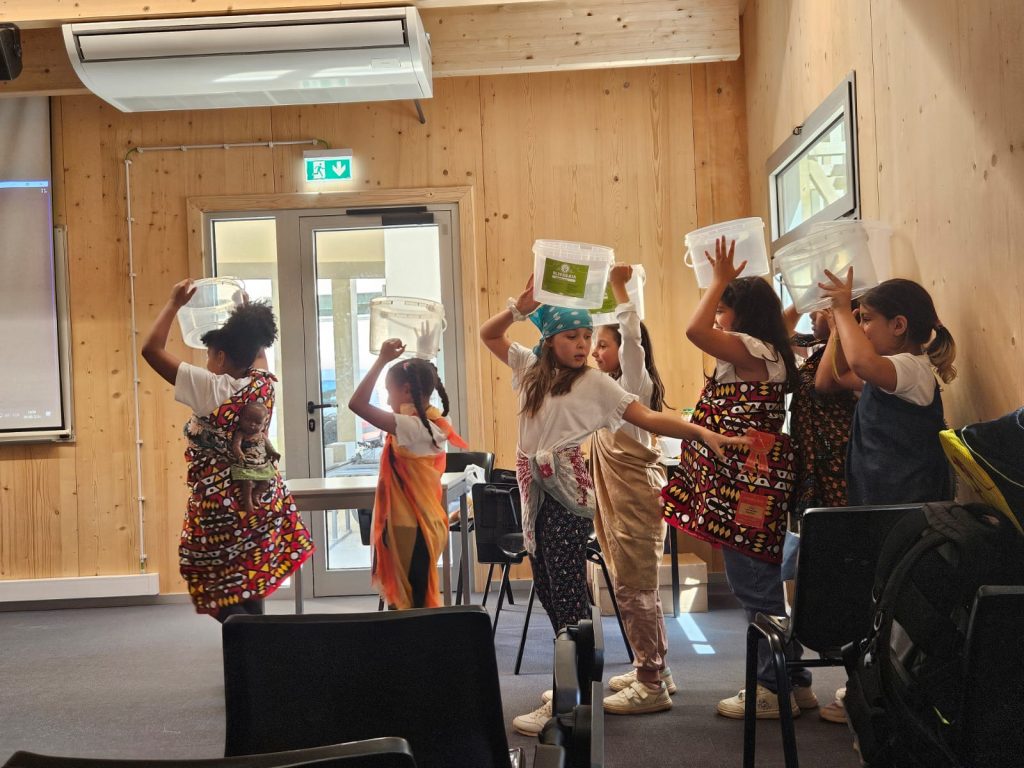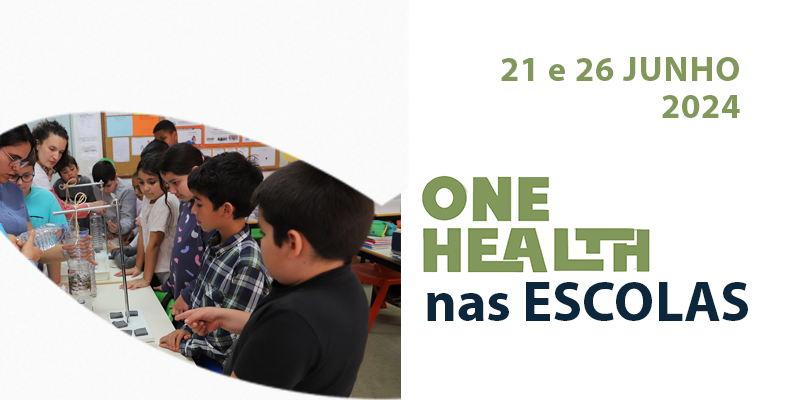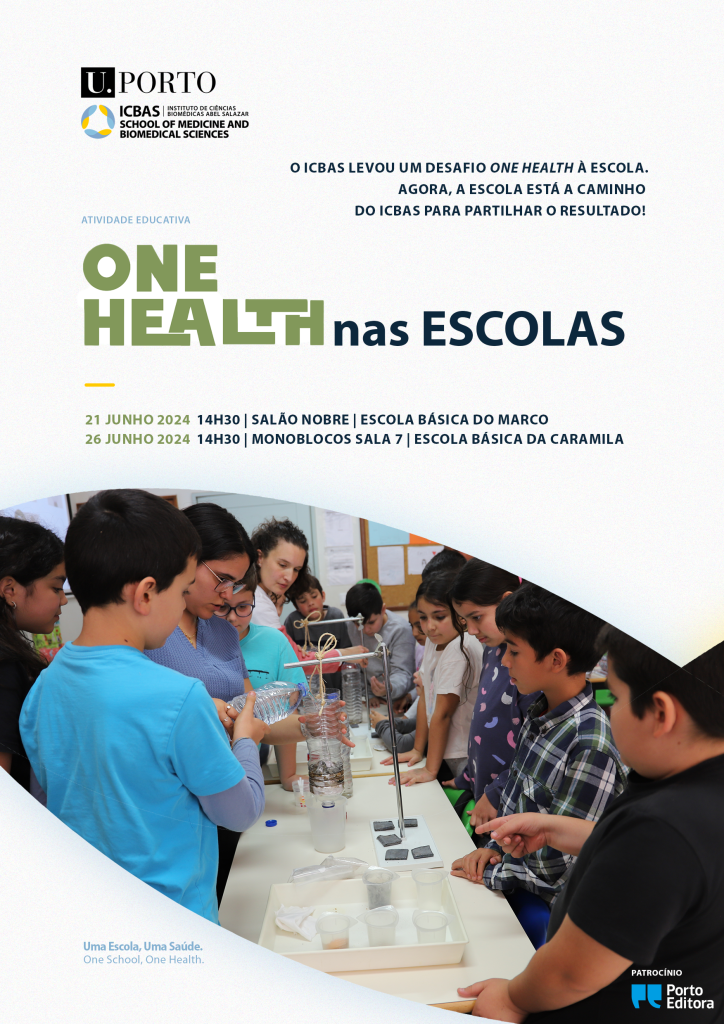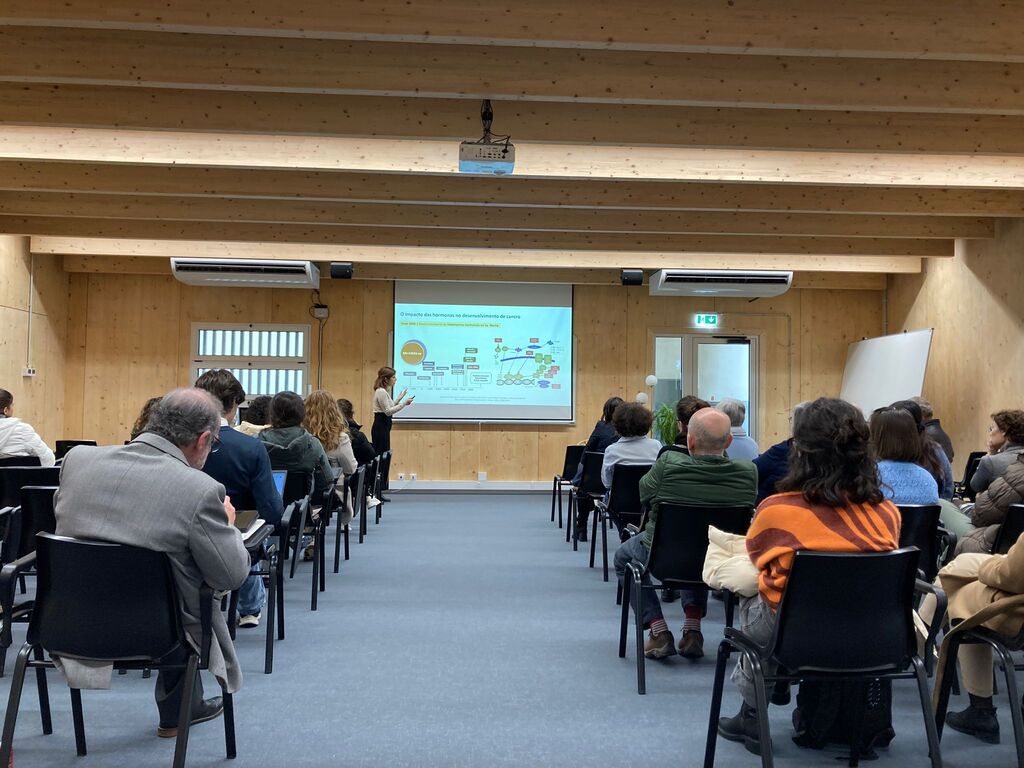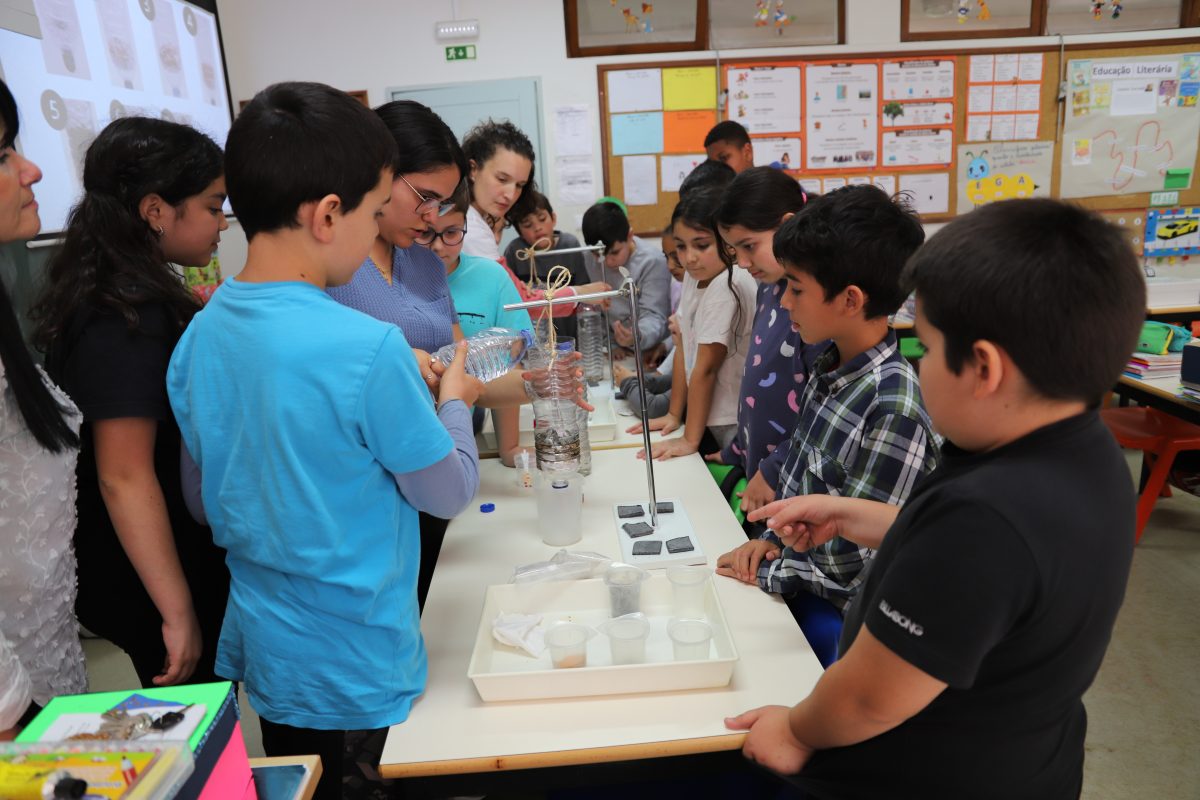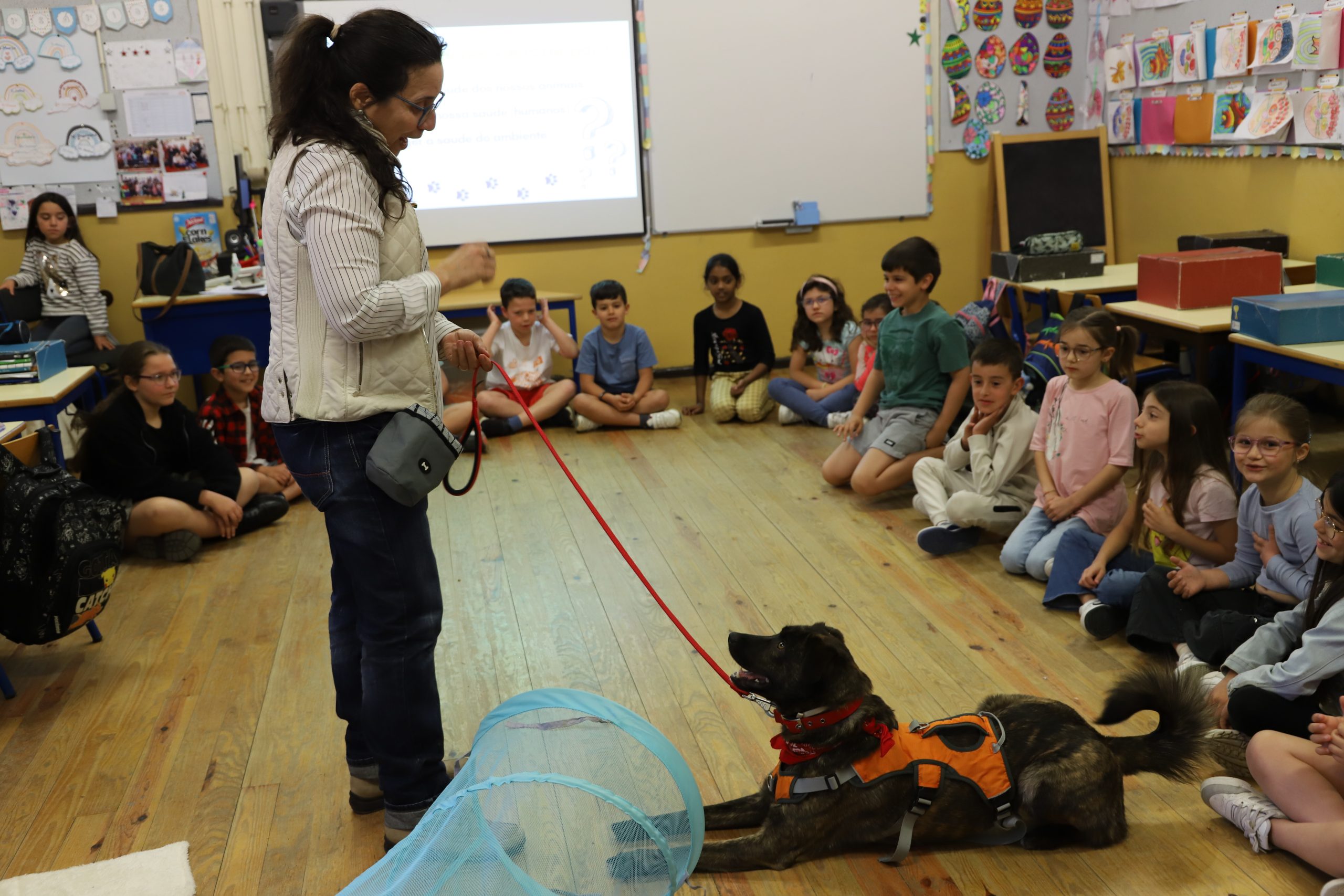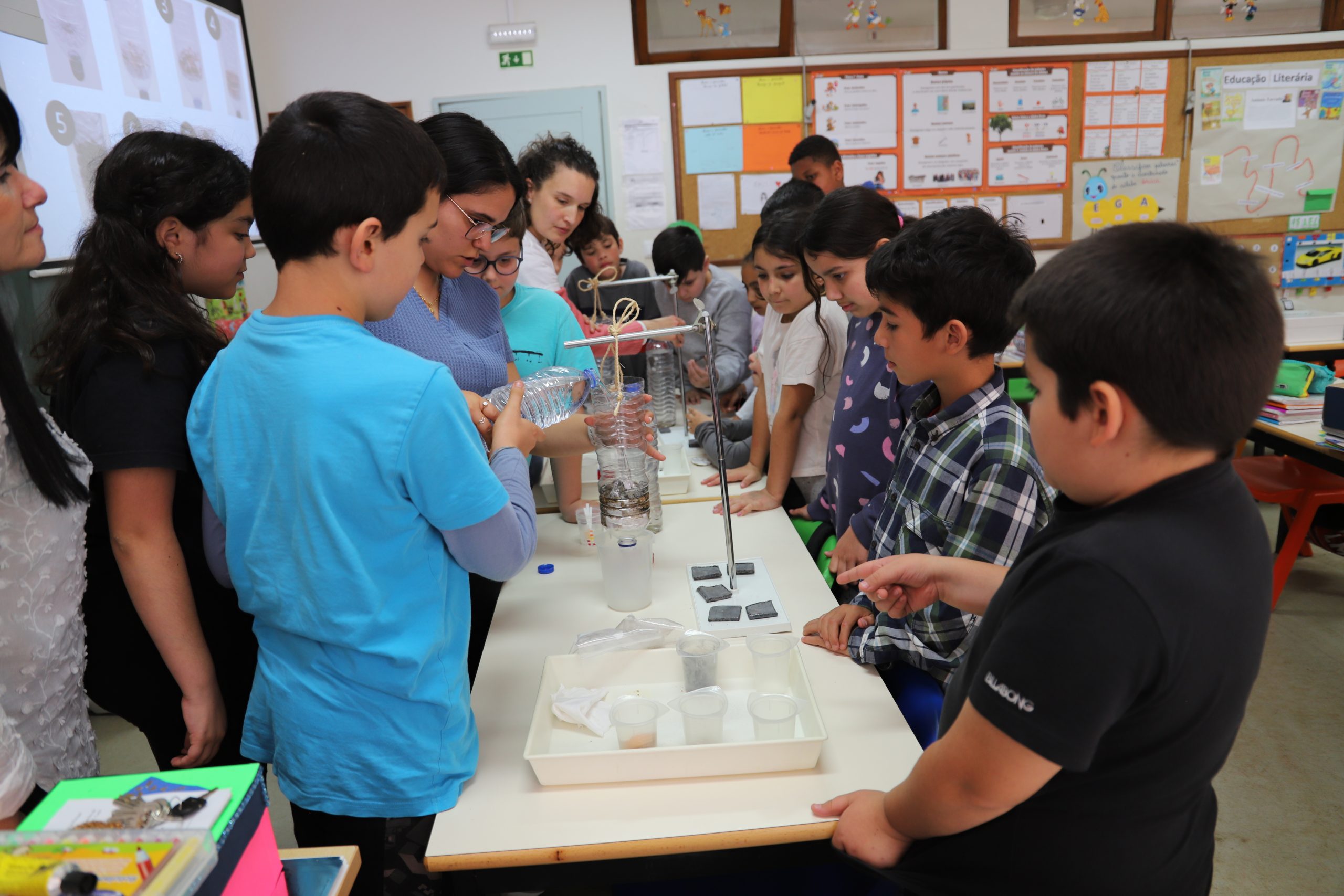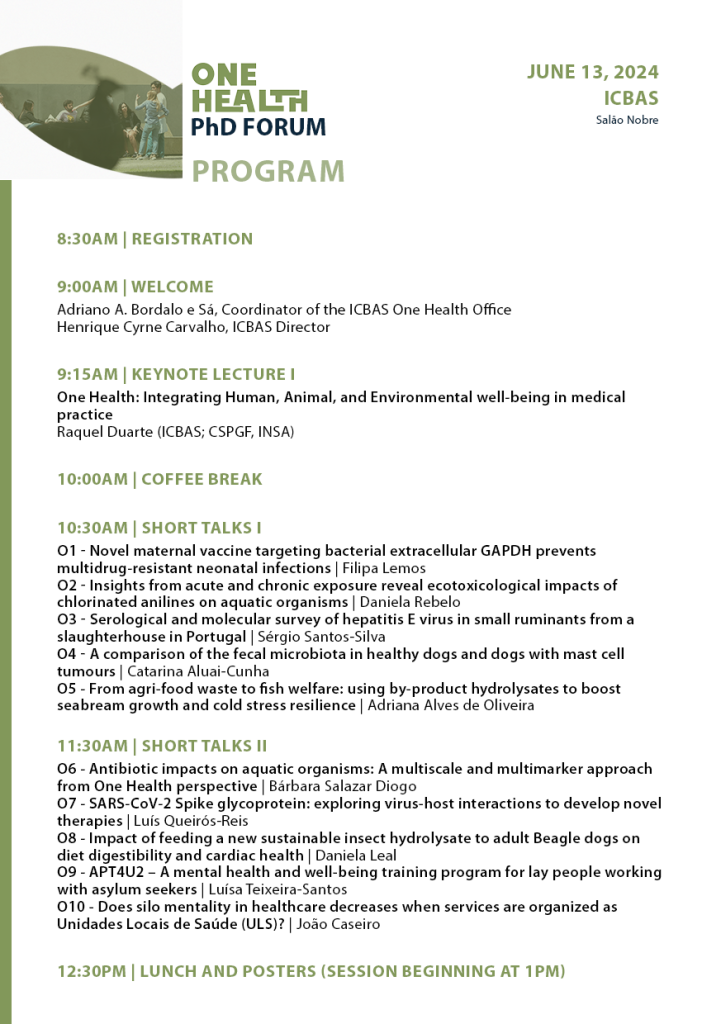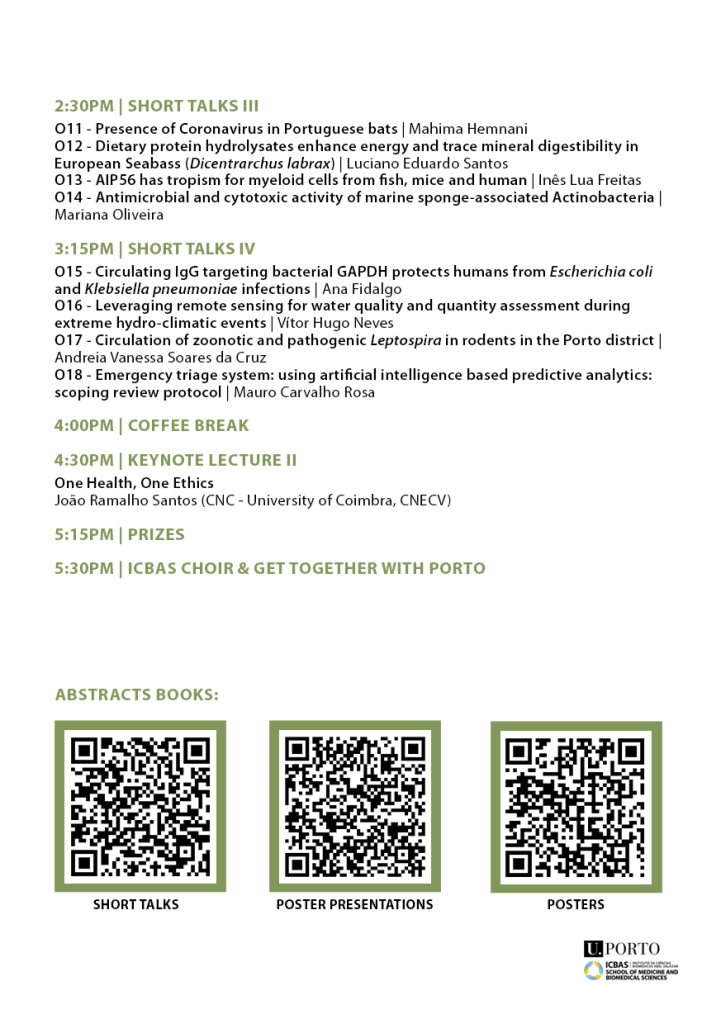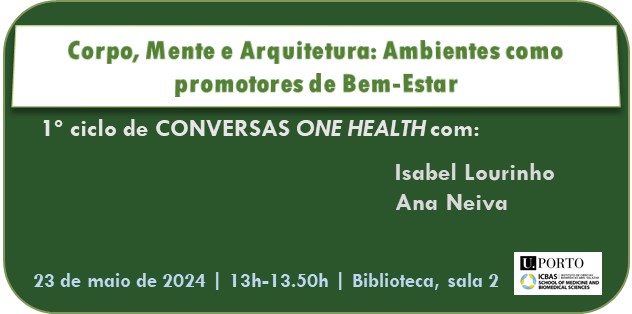By Bárbara Diogo, PhD student at ICBAS/CIIMAR
PORTO - With the increase in population and constant proliferation of diseases, the amount of antibiotics used in the treatment/prevention of the most varied diseases, both in humans and animals, has increased exponentially. Antibiotics are widely recognized as one of the most effective treatments in the history of medicine (human and veterinary), however, their excessive use represents a significant threat to public and environmental health. As a consequence of their increasing use and inadequate disposal, environmental contamination by antibiotics appears to induce adverse effects on non-target organisms and favor the emergence and dissemination of resistant bacteria (resulting in a reduction in their effectiveness).
Several studies focus on some individual (e.g., mortality, changes in behavior and reproduction and behavior) and subindividual (e.g., oxidative stress, neurotoxicity) effects that antibiotics can cause in organisms at different trophic levels. Since environmental ecosystems are complex, the isolated study of these compounds can lead to inadequate and incomplete responses. Currently, the scientific community is concerned with expanding knowledge about the ecotoxicological effects of antibiotics (e.g., Sulfamethoxazole and Trimethoprim) in model species (e.g., Escherichia coli and Danio rerio, see image) and with important functions in ecosystems (e.g., decomposition, filtration) in a climate change scenario (antibiotics vs temperature variations vs pH variations). Therefore, it is important to study the effects of antibiotics on non-target organisms, considering that the natural ecosystems are exposed to several challenges simultaneously (e.g., climate changes, pollution).
The search for solutions based on an integrated, interdisciplinary research and with a One Health approach is fundamental, to mitigate the impacts associated with this problem, in order to protect human, animal, and environmental health
In Petri dishes it is possible to observe the inhibition growth of the bacterium Escherichia coli ATCC 25922 when exposed to the antibiotics Sulfamethoxazole (SMX) and Trimethoprim (TRIM); Morphological changes (→) are also observed in Danio rerioembryos, before (CTL) and after exposure to antibiotics (SMX and TRIM). Image credits: Bárbara Diogo





